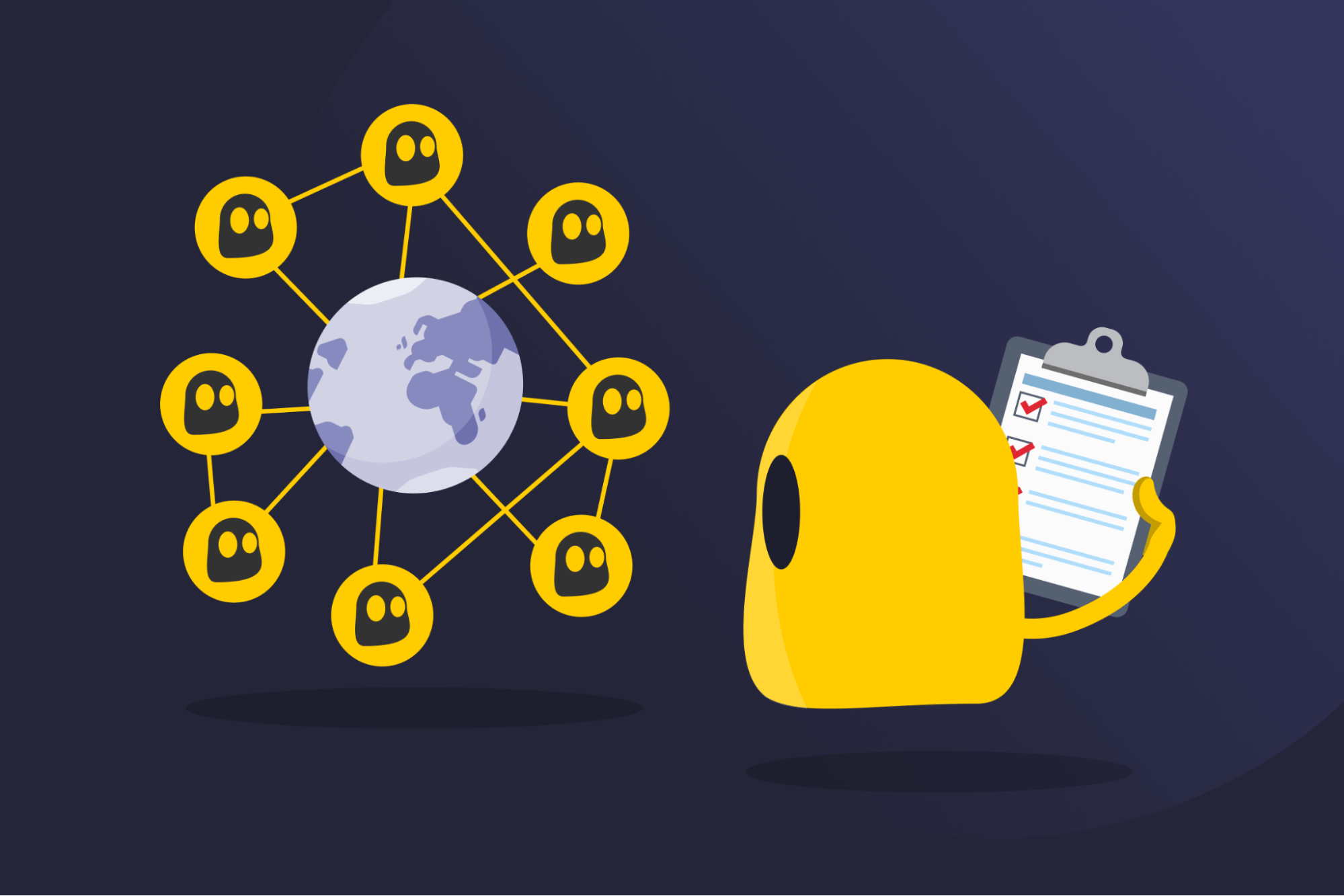Domain Admin

Domain Admin Definition
A domain admin (DA) is a user account with the highest level of privileges in a Microsoft Active Directory network. Active Directory is a system that organizes and manages users, devices, and applications within a company or an organization.
Domain admins can change security policies, manage user accounts and groups, configure devices, and install or update software across the network. Since these actions can affect everyone on the network, domain admin accounts can become a target of cyberattacks, so they require strong security.
Domain Admin Responsibilities
- Manage domain resources: Domain admins have admin access to the domain controller to create, delete, or modify users, groups, and computers.
- Deploy software: A domain admin can install and configure essential apps across all domain devices to ensure compatibility and functionality.
- Configure policies and security settings: Elevated privileges allow domain admins to change security policies, user permissions, and network configurations to maintain security and efficiency.
- Perform administrative tasks: Domain admins assign access rights, create user accounts, reset passwords, and monitor network performance.
Security Tips for Domain Admin Accounts
- Limit the number of admins: Assign domain admin rights to one or two trusted people and regularly review privileges.
- Enforce strong authentication policies: Require complex passwords and two-factor authentication for all domain accounts.
- Keep login credentials safe: Use a password manager, regularly change passwords, and revoke access when admins leave the organization.
- Use separate accounts: Provide domain admins with regular user accounts for routine activities, like sending emails or browsing the web.
- Audit domain admin accounts: Enable tracking and logging to quickly detect suspicious activity.
- Enforce login restrictions: Allow domain admins to log in only from secure, on-site admin workstations.
Read More
FAQ
A domain admin has administrative rights over an Active Directory domain. They can create, delete, and modify users, groups, and devices, install and set up software, change security policies and user permissions, assign access rights, and reset passwords. However, these permissions are limited to the Active Directory environment and don’t extend to non-domain devices, such as switches, firewalls, or routers, without separate credentials or integrations.
For security reasons, you should keep the number of domain admin accounts to a minimum, ideally just one or two. You should also take other measures to secure domain admin accounts, like enforcing two-factor authentication, using a password manager, regularly changing passwords, and auditing domain admin account activity.
Both local and domain admins have administrative privileges and can manage system configurations, user accounts, and software installations. However, a local admin only has administrative control over one device, while a domain admin has authority over the entire network domain.

 45-Day Money-Back Guarantee
45-Day Money-Back Guarantee